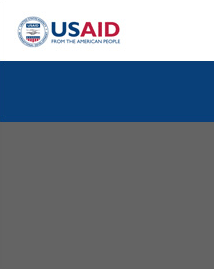Project Snapshot
Total Funding: $4.8 million*
Start Date: September 2013
End Date: September 2017
Implementing Partner: Catholic Relief Services
Core Local Partners: Mozaik Foundation, Forum of Tuzla Citizens, Helsinki Citizens Assembly, Caritas of Bishop Conference and Inter-Religious Council BiH
*Includes 14 percent matching funds from Catholic Relief Services
The Challenge
More than 20 years after the war, deep ethnic divisions continue to paralyze the healing process and prevent the citizens of Bosnia and Herzegovina (BiH) from realizing their country’s potential as a member of the EU. Conflicting historical and political narratives in which citizens blame each other for the war define the perceptions and attitudes of people at every age and level of society. As a result, achieving societal cohesion, social well-being and economic prosperity is arduous, at best. BiH society needs to restore trust and healthy relationships among the people of its multiple ethnic and religious groups.
Our Program
Through the PRO-Future Project, USAID provides opportunities for BiH leaders and citizens to challenge and change their own beliefs about one another, and then start transforming their local communities. The activity is based on the premise that if people adopt new, positive attitudes and change their behavior toward each other, social trust will emerge. If citizens begin to trust each other’s intentions, they will be able to engage and collaborate on issues of common concern. In the resulting atmosphere of solidarity and consensus, they will begin holding their political leaders accountable for fostering stability – political, economic and social – in their communities.
Implementation and Results
For more information, please contact:
Goran Bubalo, Chief of Party, USAID PRO-Future Project, at goran.bubalo@crs.org.








Comment
Make a general inquiry or suggest an improvement.